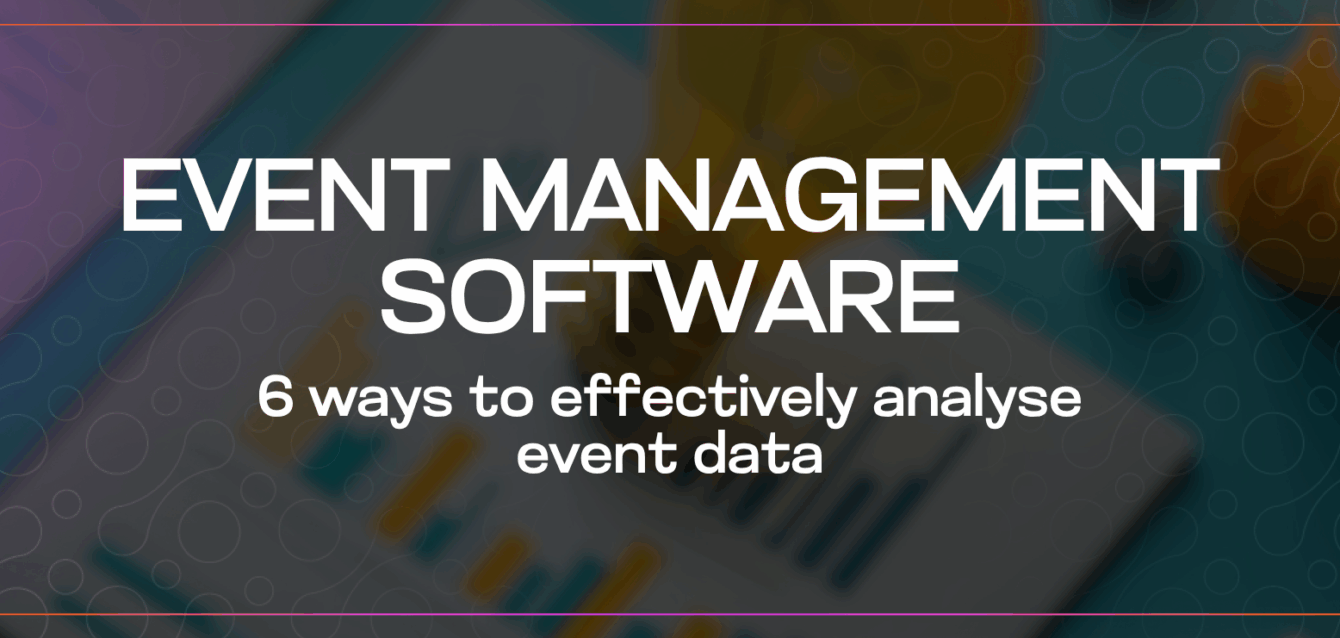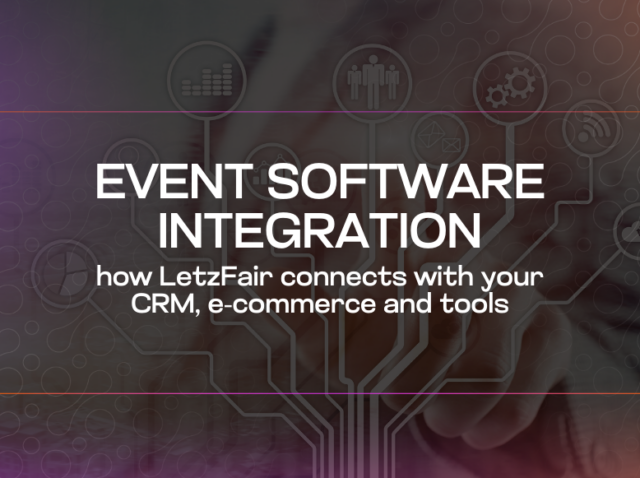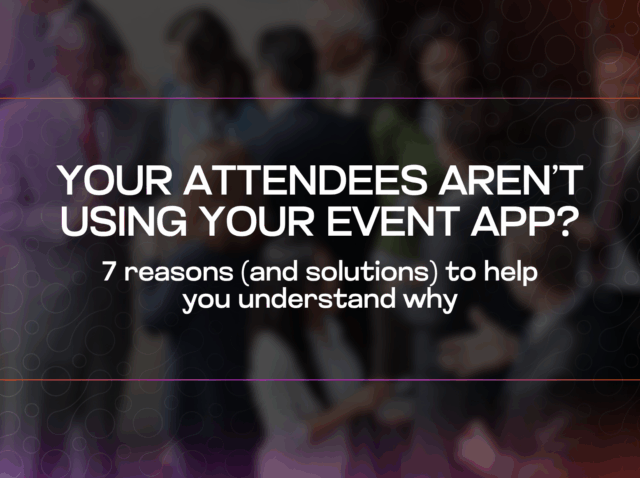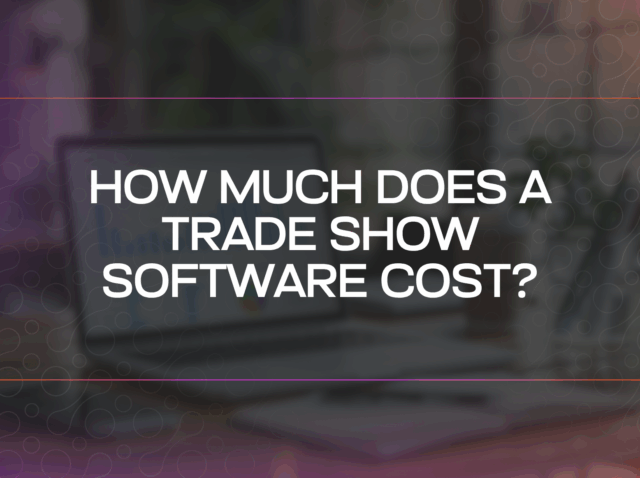Event management software not only simplifies the organization of your event but also offers a major advantage: it allows you to collect and analyze participant data directly within the platform.
In an increasingly digital world, collecting and interpreting data has become much easier—and essential—for developing a successful marketing strategy and setting achievable goals.
By gathering and analyzing event data, organizers can leverage these insights to improve their events, boost attendee engagement, and maximize ROI.
So, how can you perform effective data analysis?
Here are 6 ways event management software supports smarter event analytics.
1. Know Your Event Audience
Understanding your audience is the foundation of a successful event.
Data analysis helps you discover participants’ behavior, interests, and expectations—and how these elements influence your event’s outcome.
Using event management software, you can collect and interpret these insights to personalize the attendee experience, align with audience expectations, and deliver an engaging, meaningful event that truly resonates with your participants.
2. Maximize Event Attendance
One of the main challenges for organizers is maximizing attendance.
By tracking return visits and participation data through your event management software, you can measure how effectively your event met its goals.
These insights allow you to optimize future events based on audience preferences, improve engagement strategies, and design initiatives that attract even more participants.
3. Optimize the Attendee Experience
A successful event depends on active, engaged participants.
Event management software enables you to measure attendee engagement and gather behavioral data to better understand your audience.
Through tools such as post-event surveys and interaction tracking, you can identify which areas or activities generated the most interest.
For instance, if a large number of attendees spend significant time in a specific area, it signals high engagement there. You can then use these insights to shape future events that better meet your audience’s interests and expectations.
4. Leverage Registration Data
The registration process itself offers valuable data for future event planning.
With event management software, you can collect demographic and personal information that helps you design effective follow-up activities and measure the event’s overall success.
These insights are key to understanding who your audience is and how to reach them more effectively in upcoming editions.
5. Meet Exhibitor and Sponsor Expectations
Event management software also allows you to collect data related to exhibitor and sponsor performance, such as audience engagement or booth traffic.
This information gives stakeholders a clearer understanding of their ROI and helps them refine their marketing strategies.
Metrics such as the ratio between leads and booth visits can reveal conversion rates; if the numbers are low, sponsors can use the data to pinpoint areas for improvement and increase their impact at future events.
6. Monitor Real-Time Event Performance
One of the greatest advantages of event management software is the ability to track and analyze data in real time.
During the event, you can monitor key metrics such as attendee engagement, user interactions, and traffic flow.
Analyzing this information helps you continuously improve your event strategy, offering a better experience for attendees while delivering greater value to sponsors and exhibitors.
As a result, all stakeholders will be more motivated to participate again in the future.
Conclusion
Using event management software is essential for collecting and analyzing event data effectively.
It allows you to create increasingly successful events that meet the expectations of all participants, improve engagement rates, and help you achieve your business goals.
LetzFair supports this approach by offering advanced tools for collecting unique, high-quality event data—empowering you to design more dynamic experiences and reach a broader audience of attendees and sponsors.









